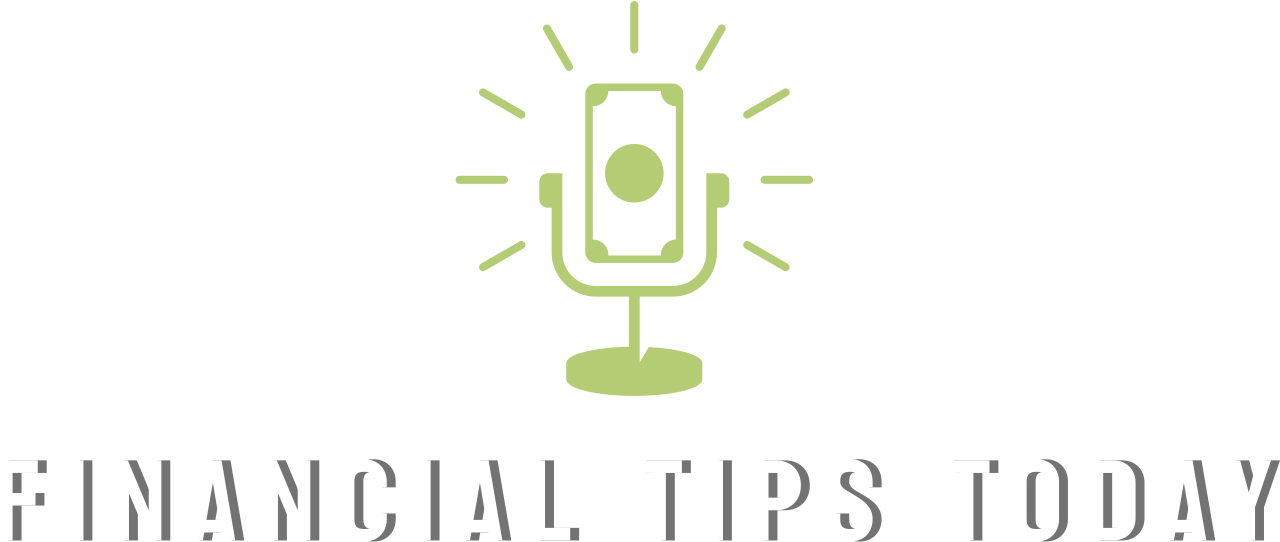Are you thinking about buying a home? If so, you’re probably wondering what type of mortgage you should get. Two of the most popular options are FHA loans and conventional loans. But which one is right for you?
In this blog post, we’ll compare FHA loans and conventional loans in terms of their pros, cons, and differences. We’ll also help you decide which type of loan is best for your individual circumstances.
What is an FHA loan?
FHA loans are mortgages that are insured by the Federal Housing Administration (FHA). This means that if you default on your loan, the FHA will cover the losses for the lender. This makes FHA loans more attractive to lenders, which can make them easier to qualify for.
FHA loans have a few other advantages over conventional loans. For example, they typically allow for lower down payments (as low as 3.5%) and higher debt-to-income ratios. This can make them a good option for first-time homebuyers or borrowers with less-than-perfect credit.
What is a conventional loan?
Conventional loans are mortgages that are not insured by the government. This means that lenders take on more risk when they make conventional loans, so they typically have stricter qualification requirements.
Conventional loans typically require a down payment of at least 20%. They also have lower debt-to-income ratios than FHA loans. This makes them a good option for borrowers with good credit and a large down payment.
Pros and cons of FHA loans
Pros:
- Lower down payments (as low as 3.5%)
- Higher debt-to-income ratios
- Easier to qualify for
- No private mortgage insurance (PMI) required with a 10% down payment
- Can be used to buy a manufactured home
Cons:
- Mortgage insurance premiums (MIP) are required
- MIP can be expensive, especially for borrowers with lower credit scores
- Refinances are more difficult with FHA loans
- FHA loans have stricter property requirements

Pros and cons of conventional loans
Pros:
- No MIP required with a 20% down payment
- Refinances are easier than with FHA loans
- Conventional loans have less strict property requirements
Cons:
- Higher down payments (at least 20%)
- Lower debt-to-income ratios
- More difficult to qualify for than FHA loans
- Can be more expensive in the long run if you have a lower down payment
Differences between FHA loans and conventional loans
The main difference between FHA loans and conventional loans is that FHA loans are insured by the government, while conventional loans are not. This means that FHA loans are typically easier to qualify for, but they also have higher mortgage insurance premiums (MIP). Conventional loans have stricter qualification requirements, but they may be a better option in the long run if you have a large down payment.
Here is a table that summarizes the key differences between FHA loans and conventional loans:
| Feature | FHA loan | Conventional loan |
|---|---|---|
| Down payment | As low as 3.5% | At least 20% |
| Debt-to-income ratio | Up to 58% | Up to 50% |
| Credit score | Minimum 580 | Minimum 620 |
| Mortgage insurance | Required | Not required with 20% down payment |
| Refinancing | More difficult | Easier |
| Property requirements | Stricter | Less strict |
Which type of loan is right for you?
The best type of loan for you depends on your individual circumstances. If you have a low credit score or a small down payment, an FHA loan may be a better option. If you have good credit and a large down payment, a conventional loan may be a better choice.
It’s important to talk to a mortgage lender to get pre-approved for a loan before you start shopping for a home. This will give you an idea of how much you can afford to borrow and what type of loan is right for you.
Factors to consider when choosing a mortgage lender
- Interest rates: Interest rates are the most important factor to consider when choosing a mortgage lender. You want to get the lowest interest rate possible, but you also want to make sure that the lender is reputable and has a good reputation.
- Fees: Lenders charge a variety of fees, including origination fees, appraisal fees, and closing costs. It’s important to compare these fees from different lenders to make sure you’re getting the best deal.
- Terms: The terms of your loan, such as the interest rate, the monthly payment, and the length of the loan, will have a big impact on your monthly budget. Make sure you understand the terms of your loan before you sign anything.
- Reputation: It’s important to choose a mortgage lender that has a good reputation. You can read online reviews or ask for recommendations from friends or family.
- Experience: Make sure the lender you choose has experience with FHA loans or conventional loans, whichever type of loan you’re interested in.
Conclusion
Choosing the right type of loan for your home purchase is an important decision. By understanding the pros and cons of FHA loans and conventional loans, you can make an informed decision that’s right for you.
It’s also important to talk to a mortgage lender to get pre-approved for a loan before you start shopping for a home. This will give you an idea of how much you can afford to borrow and what type of loan is right for you.
With a little research and planning, you can find the perfect mortgage lender and get the best possible deal on your home loan.





 GOOGL
GOOGL  META
META
Leave a Comment